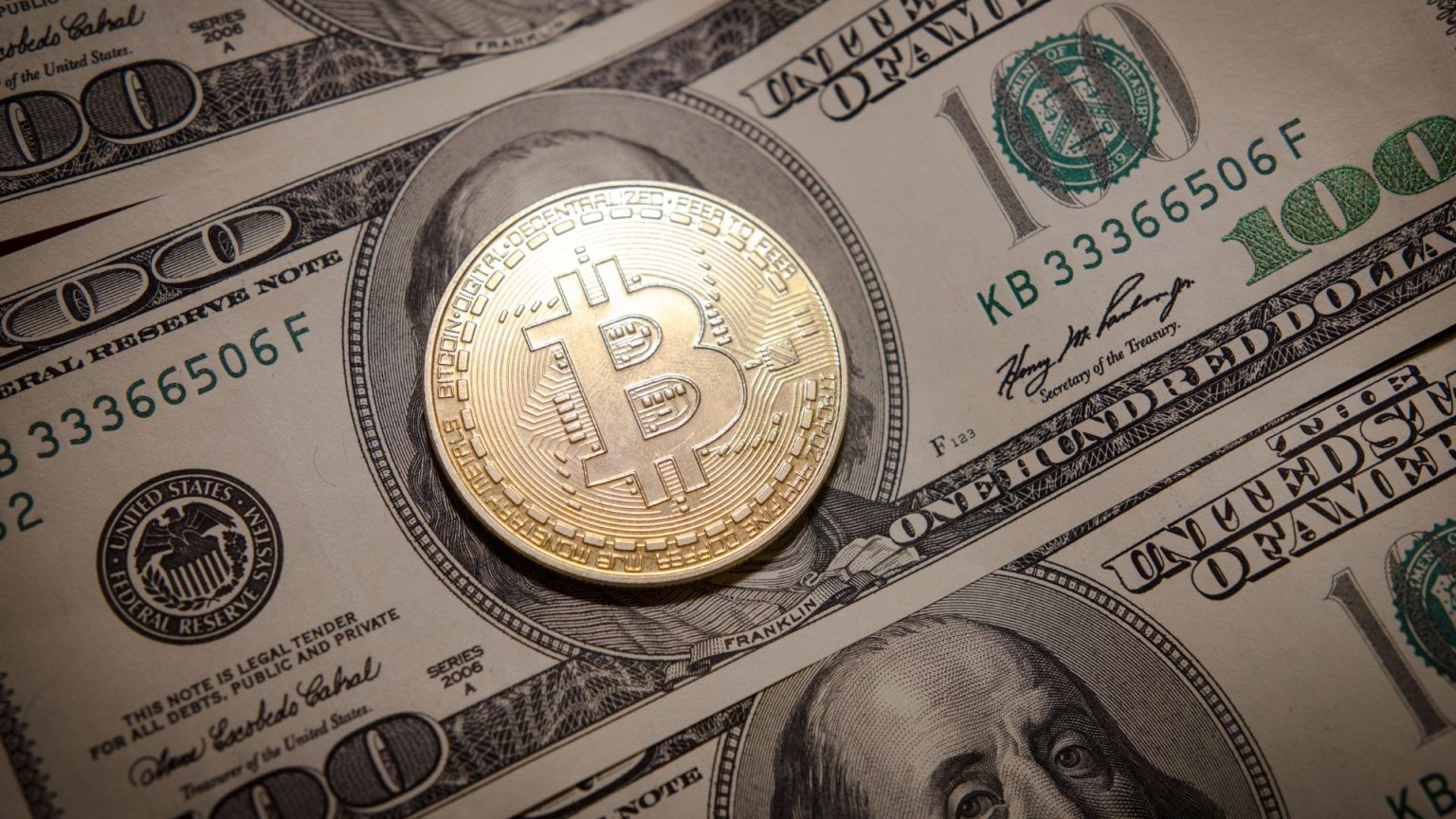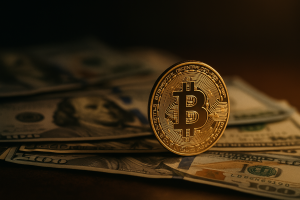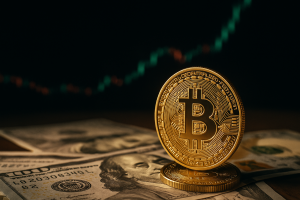If you’re new to crypto, you’ve probably noticed people use the words “coin” and “token” almost interchangeably. But here’s the truth: they’re not the same thing.
Understanding the difference between a coin and a token is one of the first steps toward learning how the crypto ecosystem works, and it will help you spot stronger projects, avoid scams, and trade with more confidence.
💰 What Is a Coin?
A coin is a cryptocurrency that runs on its own blockchain.
- Bitcoin (BTC) is the most famous example, it lives on the Bitcoin blockchain.
- Ethereum (ETH) runs on the Ethereum blockchain.
- Solana (SOL) runs on the Solana blockchain.
Key Features of Coins:
- Native to their blockchain.
- Used as digital money (store of value, medium of exchange).
- Often pay network fees (gas) or reward miners/validators.
👉 Think of a coin as the “native currency” of a blockchain.
🪙 What Is a Token?
A token is a cryptocurrency that’s built on top of another blockchain.
- Uniswap (UNI) is a token built on Ethereum.
- Chainlink (LINK) is also an Ethereum-based token.
- USDT (Tether) exists as tokens on multiple chains (Ethereum, Tron, Solana).
Key Features of Tokens:
- Don’t have their own blockchain.
- Depend on an existing chain (like Ethereum, Solana, BNB Chain).
- Can represent more than money, governance rights, stablecoins, or even digital ownership of real-world assets.
👉 Think of a token as an app built on top of an operating system (the blockchain).
🔑 Coins vs Tokens: The Big Differences
| Feature | Coin | Token |
|---|---|---|
| Blockchain | Has its own | Built on another blockchain |
| Usage | Payments, network fees, staking | Utilities, governance, stablecoins |
| Examples | BTC, ETH, SOL, ADA | UNI, LINK, USDT, APE |
| Independence | Self-contained ecosystems | Dependent on host blockchain |
📌 Why This Matters for Traders
Understanding the difference helps you:
- Spot utility: Coins are usually the backbone of blockchains. Tokens are more niche, often tied to specific dApps or projects.
- Manage risk: Tokens are easier to create, so scams and “rug pulls” happen more often in token projects.
- Follow narratives: In bull runs, coins like BTC and ETH usually pump first, then tokens in hot sectors (DeFi, AI, RWAs) follow.
✅ Final Thoughts
The easiest way to remember it is:
- Coins = run their own blockchain.
- Tokens = run on someone else’s blockchain.
Both play important roles in the crypto economy, but coins tend to be more established, while tokens bring innovation and experimentation.
Trade Smarter with EPIQ
At EPIQ Trading Floor, we simplify crypto for beginners by showing you:
- The difference between strong coins vs risky tokens.
- Daily breakdowns of which sectors are heating up.
- Tools and alerts to help you avoid beginner mistakes.
- A community where you can ask questions and get real answers.
👉 Start your 3-day free trial today and learn crypto the right way.
Disclaimer: This content is for educational purposes only and should not be taken as financial advice.










Responses